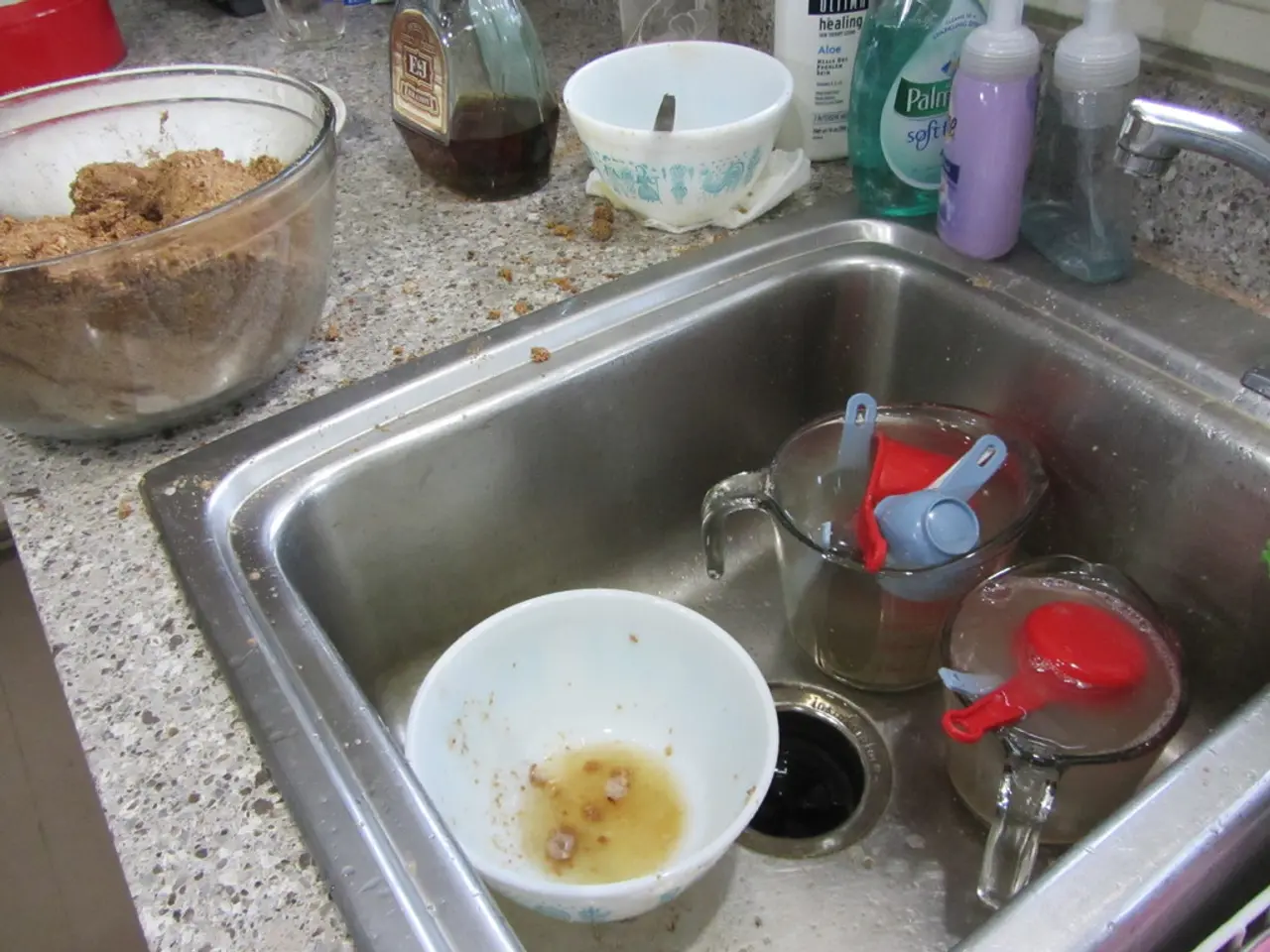One in Four Children Under Five in Niger Carry Bacteria Resistant to Last-Resort Antibiotics
Alarming findings from a new study reveal that one in four children under five in Niger carry bacteria resistant to some of the strongest antibiotics. The research, led by the Ineos Oxford Institute for Antimicrobial Research, raises serious concerns about the future of treating common infections.
The study found that 25% of children carried bacteria with carbapenemase genes like blaNDM, which can resist last-resort antibiotics. These bacteria, if they spread, could lead to untreatable infections such as pneumonia, sepsis, diarrhoea, and urinary tract infections. The situation is particularly worrying for malnourished children, who are already at higher risk of life-threatening infections due to their weakened immune systems.
Genome sequencing showed that many of these bacteria are genetically similar, suggesting they are spreading within hospitals. The study also found that 76% of malnourished children carried bacteria with extended-spectrum β-lactamase (ESBL) genes, which can break down many commonly used antibiotics. Furthermore, 11% of children were carrying E. coli ST167 strains with the blaNDM gene, limiting treatment options. The study highlights the urgent need for better infection prevention and control measures in hospitals to protect vulnerable patients.
The study, conducted in collaboration with the NHS, underscores the pressing need for action to combat antibiotic-resistant bacteria. Without urgent measures, more children could die from infections that were once easily treatable. Globally, there are an estimated 45 million malnourished children under five, making this a pressing global health concern.





